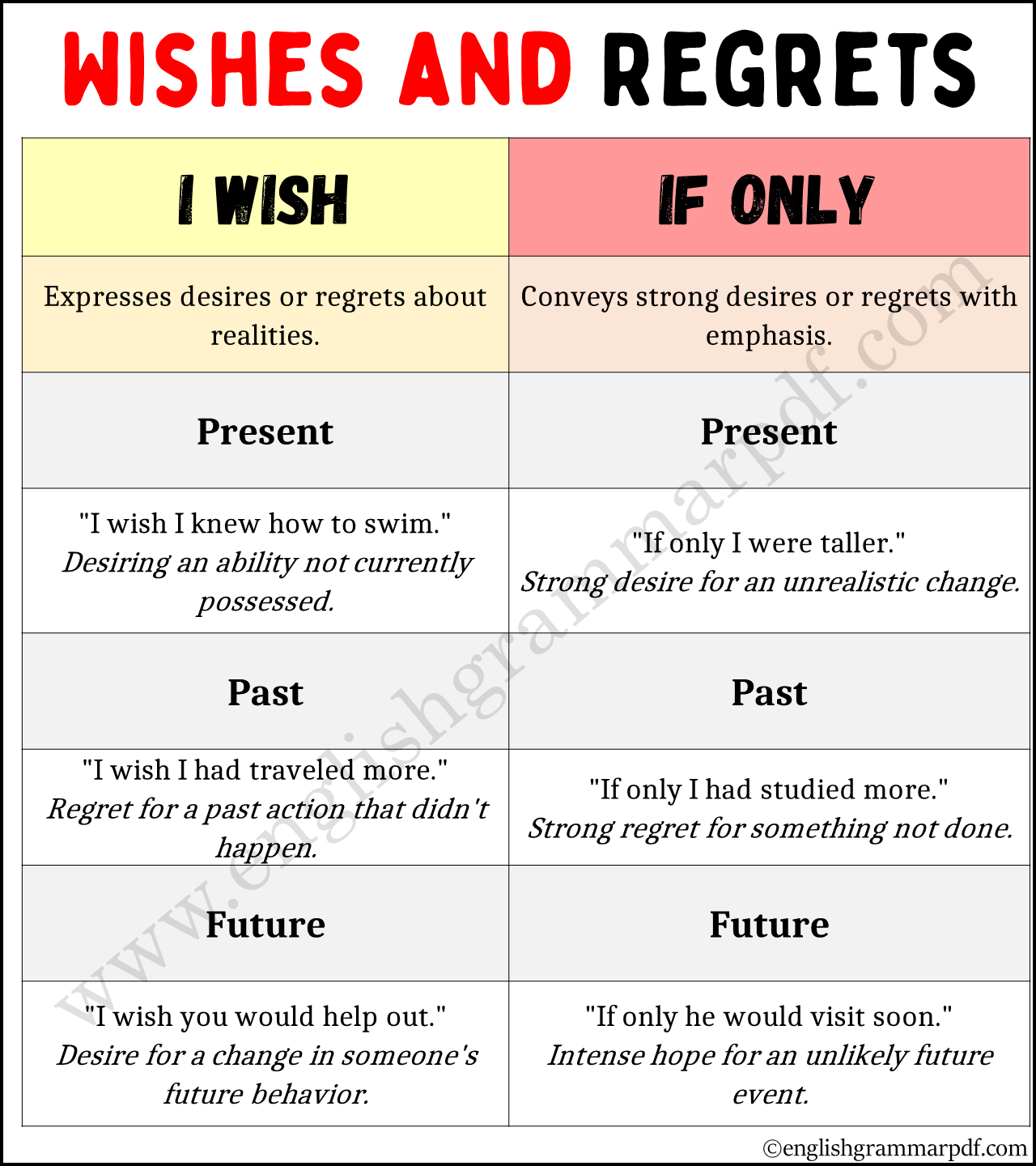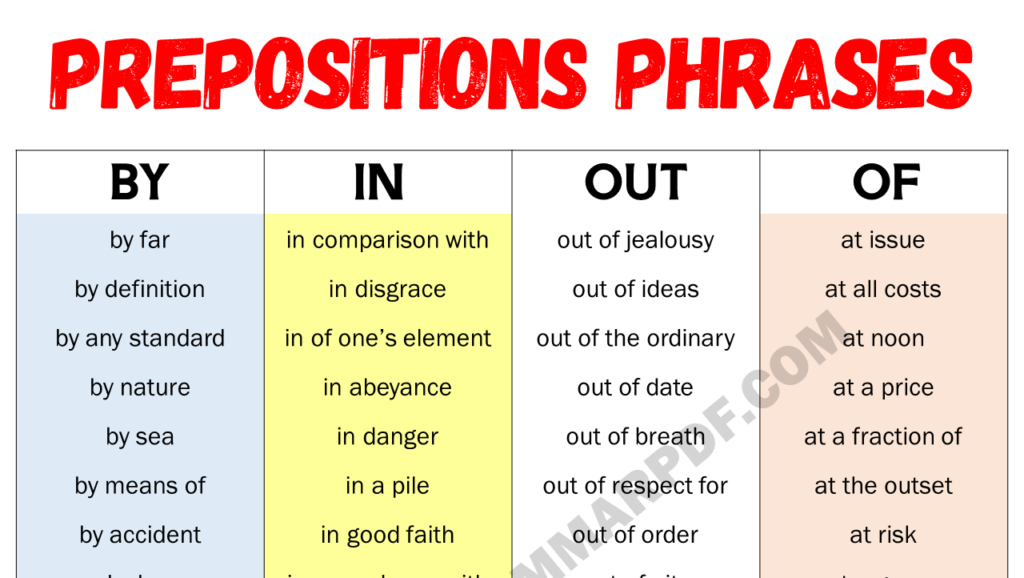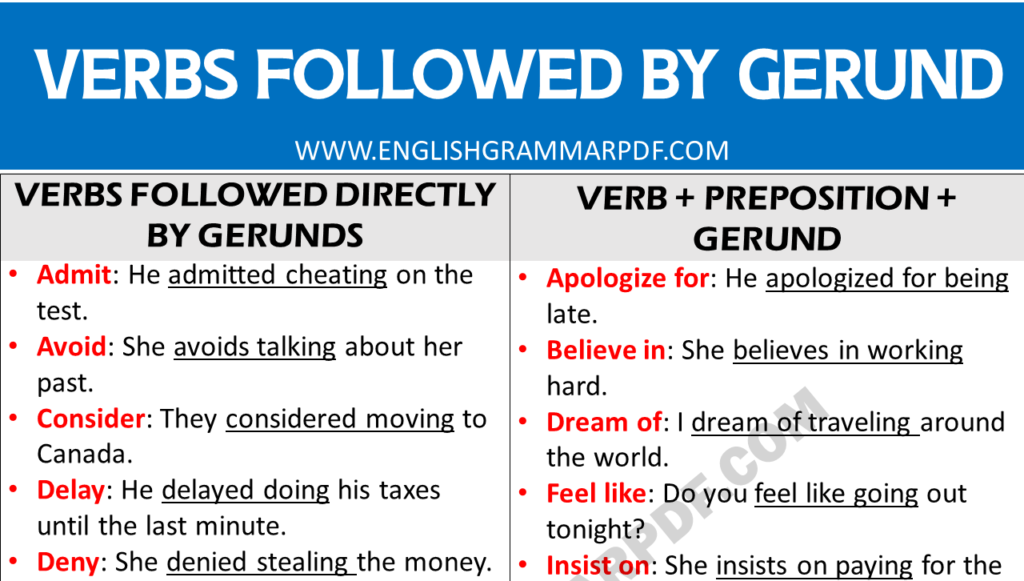In English, expressing wishes and regrets is an essential part of communication, often conveyed through “I wish” and “If only.” Both expressions convey desires for alternate realities, but their usage differs subtly. Let’s explore how to use these expressions correctly, distinguishing them in different contexts.
Understanding “I Wish”
“I wish” expresses desires that contrast with current reality. It reflects longing for things that are not true or have not happened. The tense that follows “I wish” indicates the time of the desire:
1. Present Wishes (Simple Past Tense): Express desires about the present or near future that are currently unattainable.
- Example: “I wish I knew how to play the piano.” (I don’t know how to play the piano now.)
2. Past Wishes (Past Perfect Tense): Express regrets about past events that cannot be changed.
- Example: “I wish I had studied harder in school.” (I didn’t study hard in school.)
3. Future Wishes (Would + Verb): Express frustration or hopes that someone else’s actions would change in the future.
- Example: “I wish you would help with the chores.” (You don’t help with chores now, but I hope you will in the future.)
Understanding “If Only”
“If only” also conveys wishes and regrets, emphasizing strong emotions. It is used in similar contexts to “I wish,” but usually implies a stronger desire for the situation to change.
1. Present Wishes: Used to express wishes about the present that are unrealistic.
- Example: “If only I were taller.” (I wish I were taller, but I’m not.)
2. Past Wishes: Express strong regrets about past events that are impossible to change.
- Example: “If only I had taken that job offer.” (I regret not taking the job offer.)
3. Future Wishes: Convey hopes or frustrations about the future that are unlikely or impossible to change.
- Example: “If only he would call me back.” (I hope he will call me back, but it seems unlikely.)

Tips for Using “I Wish” and “If Only”
- Check Verb Tenses: Use simple past tense for present wishes and past perfect tense for past wishes.
- Add “Would”: For future wishes regarding others’ actions, add “would” to express the desired action.
- Mind the Emphasis: Use “If only” when you want to stress the intensity of your wish or regret.
Final Advice:
Mastering the usage of “I wish” and “If only” will enhance your ability to express desires and regrets in English. Both expressions serve similar functions, but the key is choosing the right tense and construction based on the context and emotional intensity.
Practice using these expressions in different scenarios, and soon, you’ll confidently convey your wishes and regrets in English with precision.


